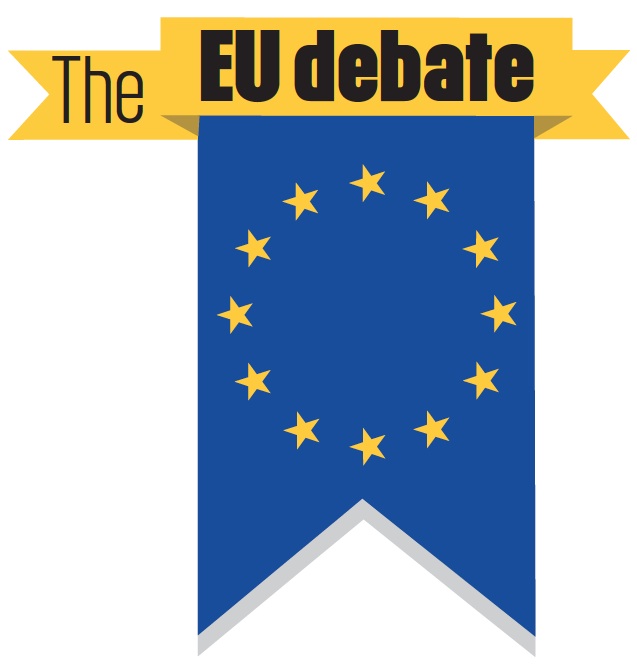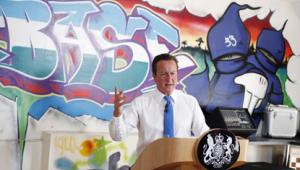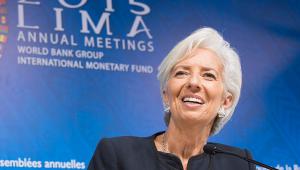The deal was struck with fellow members of the European Council on Friday night after last-minute marathon talks and weeks of negotiations.
If the country votes to remain part of the EU, it will see changes to migrant welfare payments, the ability to opt out of an “ever closer union” and safeguards for the UK’s financial services.
Cameron said he believed the UK would be “safer, stronger and better off” in a reformed Europe and that all the leave campaign could offer in a time of uncertainty is a “leap in the dark”.
But on Sunday, London Mayor Boris Johnson announced he would support an exit in this “once-in-a-lifetime chance to vote for real change”.
In a column for the Daily Telegraph, Johnson, who is also Conservative MP for Uxbridge and South Ruislip, said: “This is a moment to be brave, to reach out – not to hug the skirts of Nurse in Brussels, and refer all the decisions to someone else.
“A vote to remain will be taken in Brussels as a green light for more federalism, and for the erosion of democracy.”
Cameron’s senior Cabinet colleague justice secretary Michael Gove has also announced he is backing the Leave campaign, along with long-time eurosceptic, work and pensions secretary Iain Duncan Smith. Leader of the House Chris Grayling, Northern Ireland secretary Theresa Villiers, culture secretary John Whittingdale and employment minister Priti Patel have also declared for the Leave side.
But Cameron said his deal for Europe gives Britain “the best of both worlds”.
The deal will see an “emergency brake” on migrants’ in-work benefits for four years when there are “exceptional” levels of migration. The UK would be able to operate this for seven years.
EU migrants whose children live overseas will have Child Benefit paid at a rate based on the cost of living in their home country. This will be applicable immediately for new arrivals and from 2020 for the 34,000 existing claimants.
The EU treaty will be amended to exempt Britain from the requirement to seek an “ever closer union” and the UK will be given the ability to enact an “emergency safeguard” to stop UK firms from being forced to relocate into Europe and to ensure they do not face discrimination for being outside of the eurozone.
Cameron had to make some concessions during the negotiations, including abandoning the idea of a complete ban on migrants sending Child Benefit abroad and hopes of operating the emergency brake for 13 years.
However he said the deal “underlines [Britain’s] special status” in the EU, providing the benefits of membership while at the same time taking the country “out of the parts of Europe that don’t work for us”.
“We will never join the euro, we will never be part of eurozone bailouts, never be part of the passport-free no borders area, or a European army or an EU super-state.
“My recommendation is clear. I believe Britain will be safer, stronger and better in a reformed European Union.”




















